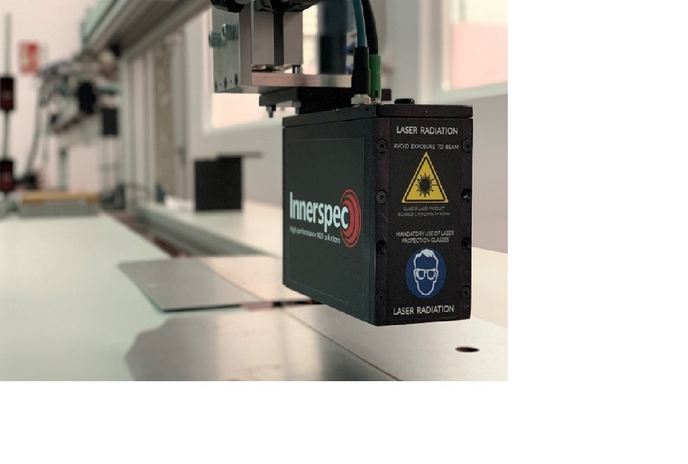Calculating earthquake damage
Earthquakes can be very damaging, especially to countries regularly prone to them. Portugal is one such country; in 1755 it experienced Europe's largest historical earthquake, and since then has suffered a series of smaller earthquakes. In spite of the known dangers of earthquakes and tsunamis, Portugal remains largely unprepared. Helping to redress the situation was the EU-funded project 'Automated real-time broad band seismology in the Azores-Gibraltar region' (ART-SEIS). The two-member research group conducted its activities over four years to January 2013. The main goal was to develop a tool for monitoring seismic data that would compute location and magnitude, plus the nature and extent of the shaking. The tool was intended to enable rapid response by Portuguese authorities. The project developed and tested innovative algorithms for improved computation of earthquake parameters. The method was retrospectively applied to all Portuguese earthquakes since the broadband monitoring network was installed in 2007, resulting in several significant scientific publications. The study also developed a novel mapping function, which accurately predicts ground motion and local effects for south-west Iberia. An additional goal was to develop procedures for reducing the cost of seismic networks, which was achieved. The solution uses automated analysis to screen large quantities of data. ART-SEIS also aimed to promote its solutions for adoption by the Portuguese national authority. It exceeded the expectation by actively aiding implementation and by providing training to the authority. Another project outcome was the creation of an independent working group focused on the subject. As a result of ART-SEIS, Portugal's seismic situation is better understood, yielding the ability to accurately estimate the effects of a given earthquake. Doing so allows rapid and targeted national responses.







